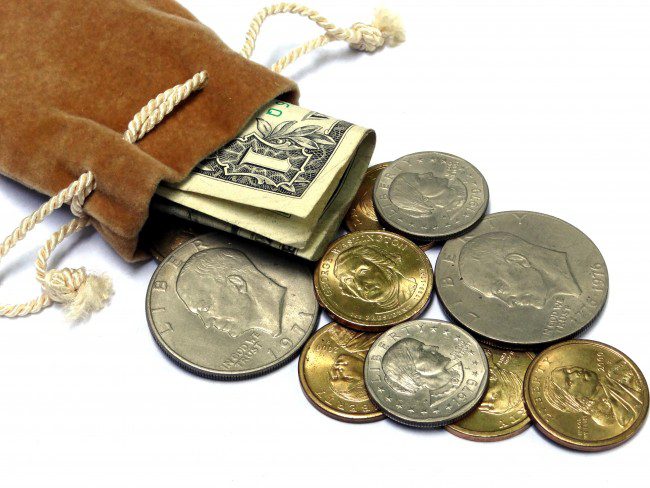By Jamie Mealey, Professional Consultant
If you watch or read stock market analysis and commentary, you have probably heard economists and analysts refer to the current market as relatively fairly valued (vs. overvalued or undervalued). Of course, there are many different markets and many different metrics, so when analysts say the market is “fairly valued” what are they really saying?
The detailed analyses regarding market valuations can get complicated when we look at historical earnings, projected future earnings,interest rates, inflation, fundamentals, trends, world economics,domestic/foreign political considerations, etc. Sometimes it is helpful to eliminate the technical lingo like PE, EPS, ERP, PEG, and EBTIDA, and simply explain how analysts can still call the market “fairly valued” when it has been achieving all-time highs every couple of months since early 2013.
The basic explanation is that if we were to purchase “the market” at today’s prices, both buyer and seller should be happy with the price at which they bought or sold. The buyer would not necessarily be getting a great bargain (like if they purchased company stocks that sell non-essential goods and services in mid-2009 or if they bought an original Picasso at an estate sale for $50), but they wouldn’t necessarily be making a big mistake either(like if they purchased technology company stocks prior to the burst of the tech bubble in early 2000 or they graduated college in 2006 and immediately took out a 120% mortgage on a really big house). That is what it means when analysts say that the market is fairly valued.
One important aspect we sometimes lose sight of is the reason why the stock market, at any point in time, has value. The short answer is that it is because the market’s underlying companies have value. They have assets (cash, equipment, buildings, etc.) and are in business to use those assets to generate a profit by selling products or services or both. Value is a very real concept, and the markets have a very real value. In fact, price fluctuation (or volatility), comes from human emotions, events, etc., and that is what usually causes the market to move from overvalued to undervalued to fairly valued. No matter what, though, the true underlying value is always there.
That is why, when individuals have money to invest, they often look at the companies that make things like toothpaste, chairs, cars, and telephones and determine how much they are willing to pay for a dollar of that company’s current and/or future earnings. They focus on those items listed above because they know that 300 million+ United States citizens won’t suddenly stop using them; they have a lot of underlying value.
All in all, the bottom line is that whether the Dow is at5,000 or 25,000, an overvalued market means we are paying too much, an undervalued market means we are paying too little, and a fairly valued market means we are buying companies at a fair price.
Hopefully that helps!



